Are College Leaders in Denial?
In the same survey, two thirds of presidents claim that their institutions have the capacity to meet the mental health needs of their students, yet another national 2022 survey found that nine out of 10 students report that their campus is in the midst of a full blown mental health crisis! Can both be true?

The Importance of Integrating DEI and Wellbeing
As we slowly transition out of the pandemic and pick up the organizational pieces, organizations could greatly benefit from wellbeing strategies that are equitable and inclusive of diverse employees, as well as comprehensive DEI initiatives that deliver a consistent employee experience for everyone.



One Reason Higher Education Enrollment Is in Decline: Cheaper, Shorter, High Value Alternatives
Demographics, cost, relevancy, inconvenience, poor ROI, and of course, the pandemic, are all contributing to a 12-year decline in higher education enrollment, but another significant cause is the growth of non-credit post-secondary education. There are many examples, but one of the fastest growing can be found at Google.

On the matter of ‘inflections’ in Higher Education
Is higher education at an inflection point or will business as usual suffice post-Covid?



Celia Ffrench Named New Partner at Transformation Collaborative™
Celia Ffrench, a veteran marketing and branding professional for post-secondary and higher education institutions, has been named partner of the Transformation Collaborative™.

Using What We’ve Learned from COVID to Succeed in the Future
As terrible as the pandemic has been, it has also provided some very valuable insights. In fact, no organization should get through the pandemic without a comprehensive post-mortem on what worked, didn’t work, could have been done differently, and was learned through the entire process. In what ways is the organization stronger? What fault lines were revealed? What are the greatest risks and opportunities going forward? What problems weren’t fixed or are worse? At the very least, a key responsibility of organizations at this point is to carefully inventory everything they have done differently as a result of the pandemic, then assess what changes and interventions should be preserved and potentially optimized going forward. This includes processes and procedures, policies, applications of technology & automation, and ways of thinking and being. It is strategic, operational, and cultural.

The Three Most Important Things Research Has Discovered in the Last Few Years about Successful Organizations
Three of the most salient discoveries of the last several years, right up through 2021, relate to the criticality of 1) employee engagement, 2) organizational purpose, and 3) coaching as the single most productive activity a manager can do. In fact, there are likely not three more powerful causative variables for success than these three.


Risking the Future Because You’re Too Busy Now
In my work and dialog with a wide-variety of higher education leaders, one very disturbing trend that I see permeating all sectors of higher education, is the decision to delay or simply avoid initiatives that will increase the likelihood of thriving in the future due to challenges faced in the present. In short, most institutions are genuinely risking their futures because they are too busy with the present.




Game Changing Leadership in a Time of Profound Change - Webinar
Higher education is at a critical inflection point. The traditional financial and operational models that have sustained us for decades and that are designed to largely perpetuate the status quo are broken. The depth and breadth of current challenges requires a major rethinking and reinvention of the higher education system. And yet, most colleges and universities and their leaders have little or no core competency in what can be a really difficult and complex change process.



